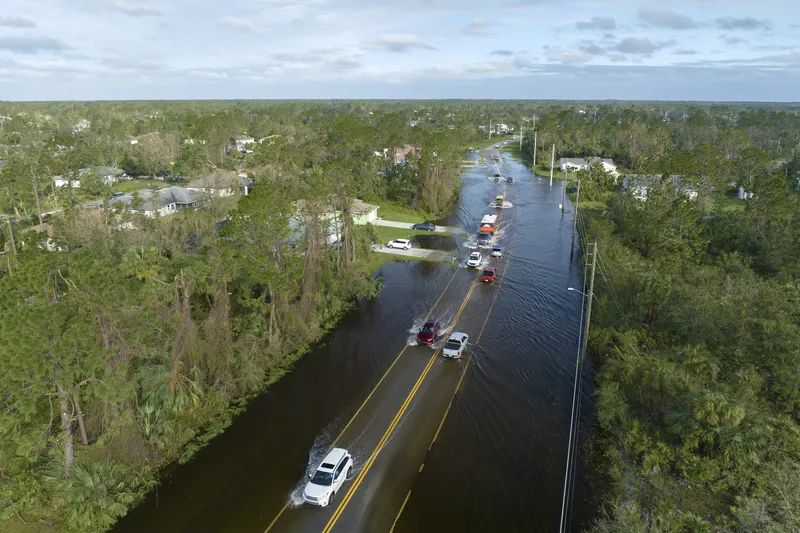Ahead of its discussion on the
The letter goes on to say that a European Energy Union represents a unique opportunity to move towards a comprehensive strategy for the electrification of transport. It claims a progressive electrification of transport, ranging from private vehicles to public transport and rail can help diversify energy sources, improve energy efficiency, air quality and reduce oil imports.
The letter goes on to say that electrification of transport should be a key EU political priority to maintain the competitiveness of European industry and stimulate innovation, jobs and growth.
It concludes that electrification of transport represents a significant opportunity for decarbonisation of transport by 2050, as highlighted in the transport white paper and urges the EU to make electrification of transport one of the its flagship initiatives within an EU Energy Union and develop a holistic European strategy to accelerate its uptake within the emerging plans for an energy union.
Stakeholders lobby EU for electrification of transportation
Ahead of its discussion on the European Union’s key priorities for the next decade, seven stakeholder organisations from industry, transport and cities have written to the College of the European Commission regarding the creation of a European Energy Union with a forward-looking climate change policy. They called on the commissioners to focus on the transport sector, which represents about a third of the EU’s overall energy consumption and is almost exclusively dependent on imported fossil fuels.
The let
February 11, 2015
Read time: 2 mins








